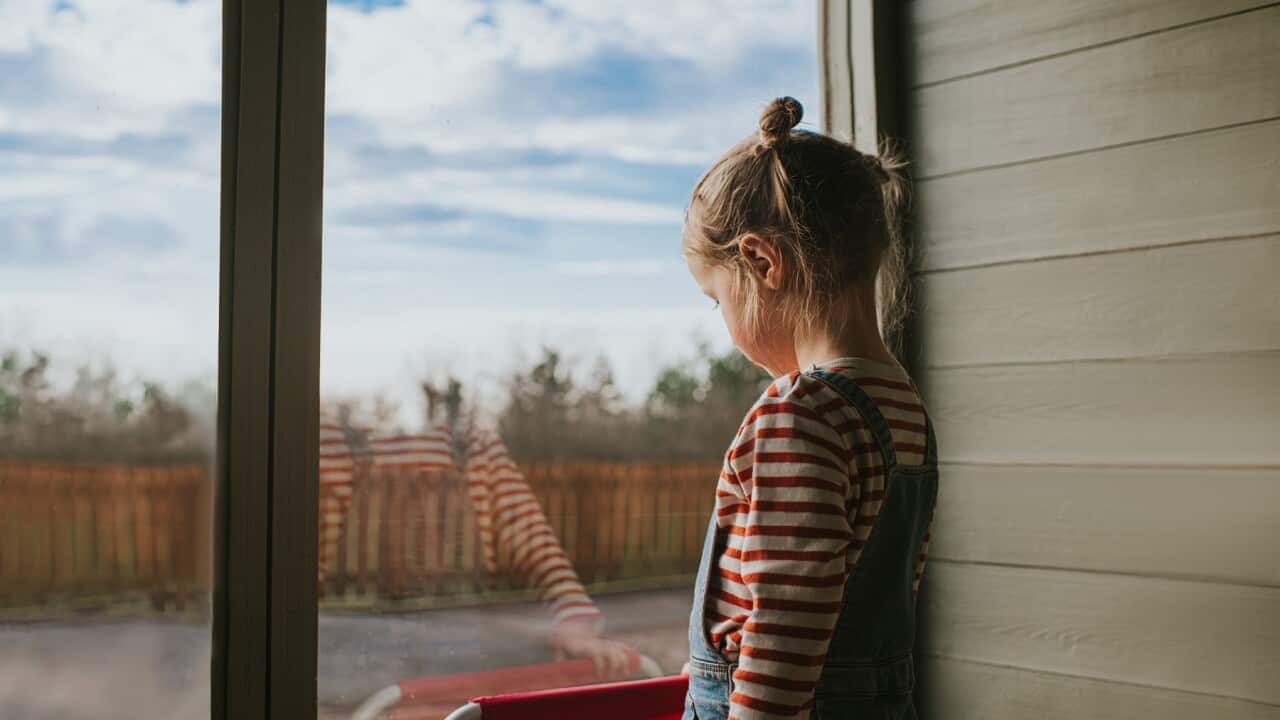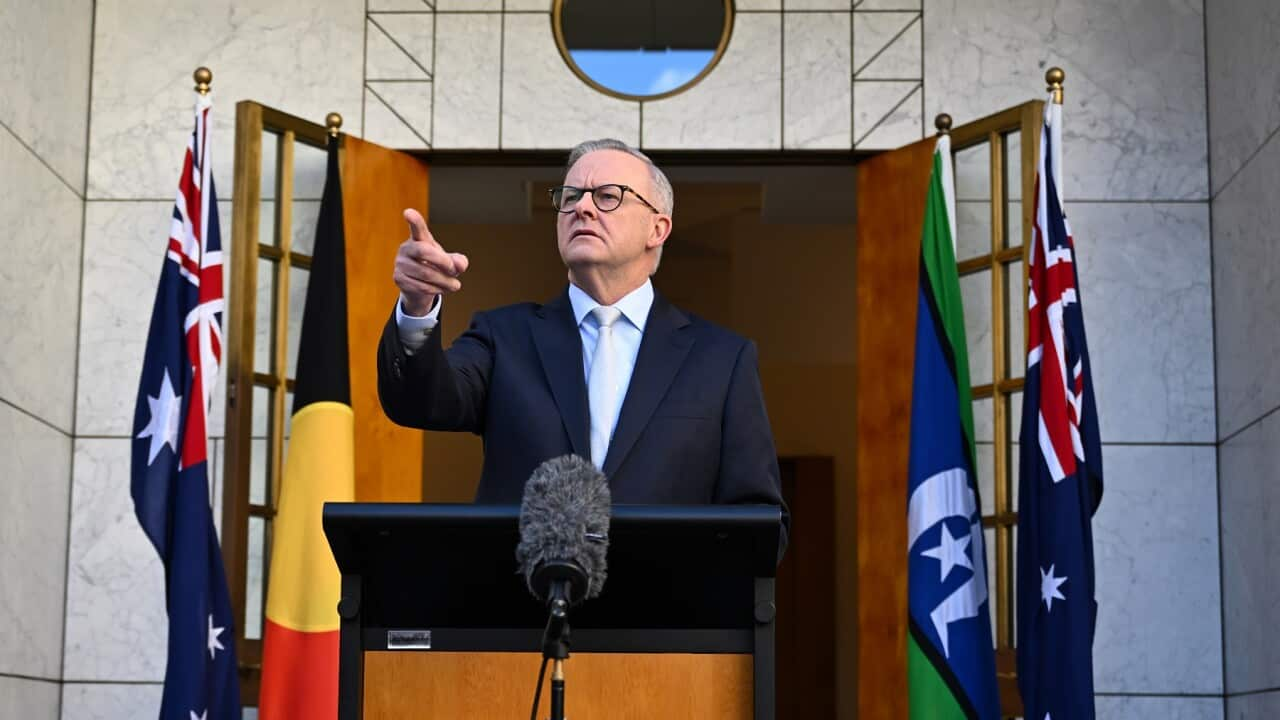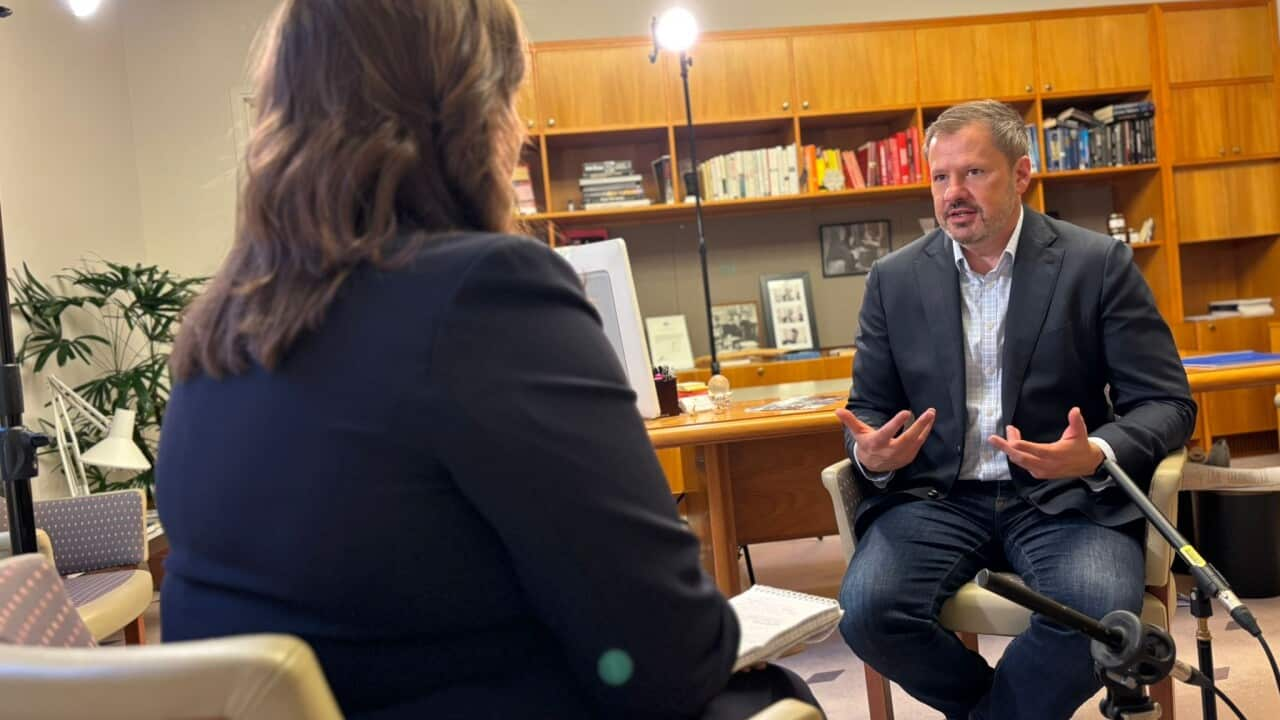TRANSCRIPT
There were calls for a royal commission 24 hours after allegations of abuse and neglect were revealed in a number of for-profit operators in Australia's childcare sector.
Greens early childhood education spokesperson Senator Steph Hodgins-May led the calls.
"Alarm bells have long been ringing about the condition of state of the for-profit early childhood education sector in this country."
Prime Minister Anthony Albanese disagrees.
"You don't need a royal commission to show that what was on TV last night was wrong."
Ten days later, the Minister for Early Childhood Education Anne Aly [[ah-lee]] said the federal government would look towards taking stronger action.
"We will also look to strengthen our powers to crack down on dodgy providers that pose an integrity risk to the childcare subsidy system."
As Australians became exposed to the diminishing quality of private childcare centres, for childcare educators and teachers like early learning specialist Victoria Mack, it came as no surprise.
"I know that I used to go into centres and I would be thinking, oh my goodness, how would this centre meet all these ratings and assessments? And sometimes they would get exceeding, and that's why I potentially left the other learning consultant role. I was so despondent with it because I thought, are you not seeing what I see?"
So what has gone wrong with Australia's early childhood education and care system?
The problems within the sector rest on multiple fronts and make for a complicated web of policy, workforce education and regulation issues.
To understand it, we need to look at how early childhood education and care is provided and funded in Australia.
“Early Childhood Education and Care in Australia hasn't always been a for-profit enterprise or been available to for-profit providers. So, in the seventies when childcare was originally introduced and funded by the Commonwealth, the system was built around direct subsidies provided to not-for-profit services. And they were able to regulate the qualification levels of staff. The Commonwealth used its funding to position childcare as a public good.”
That was University of Sydney Department of Political Economy Professor Elizabeth Hill explaining the impact government childcare subsidies have had on the sector.
The subsidies support the cost of early childhood education and care - the subsidy is given to families to purchase a service they want to use and is then paid to that service when the child enrols.
“But then there was, we've had increased participation of women in, paid work and by the 1990s, there was real pressure on the federal government to expand the provision. And so at that point, federal government subsidies started to be extended to for profit providers, and that really changed the landscape in terms of who owns and who provides those services.”
This gave private investors incentive to open childcare centres to be provided by a mix of for-profit and not-for-profit suppliers.
Childcare has become increasingly popular amongst commercial property investors, who can open centres with supportive government funding without being regulated by the government in terms of how they run, staff or locate their centres.
Early Childhood Australia CEO Samantha Page highlights the problems that occur when childcare services are opened as profit-making ventures.
“We have what we call childcare deserts, which is where we have no services available to families because the numbers of children are too small or because providers simply have chosen not to go into that community. Particulary in regional and remote areas. We also have a problem with oversupply. So, If you've got too many services in one community, they're all competing for the same pool of staff, for the same children. And half empty services are not good, they're not viable and they're not high quality generally.”
The guidelines for childcare quality regulation are written under the National Quality Framework and enforced by state and territory regulators working under The Australian Children’s Education & Care Quality Authority ((ACECQA)).
The Authority responded to the recent investigations into unsafe for-profit services by taking action against the operators, and trying to ensure that 91 per cent of Australia's services are meeting or exceeding the National Quality Standard.
The government's 2024 Productivity Commission found that these regulators, like most areas of the early childhood education and care sector, are under-resourced.
The early childhood education and care profession is amongst the lowest paid in Australia and has been historically undervalued.
Professor Hill says this is because it's a hyper-feminised workforce.
"The fact that early childhood education and care has been normalised as women's work has meant that it's been historically undervalued. There's been a lot of change in the attitude of the public, but workers are still waiting for that attitude and that revaluation of their work to be reflected in their professional wages."
The poor treatment of these educators means students don't choose to study early childhood education past entry level qualifications.
Early childhood specialist Victoria Mack says the profession is viewed as an option of last resort.
"I know even when I was working at TAFE, and we'd have some of the students that they would start their cert three coming through tafe and they would say to us, oh, you're good with children or you're not very good at all maths and science, you're not going to get into uni, so you can just go and do childcare. I think sometimes these young girls go into early childhood and night-long daycare centres, and they don't see another option for them. I mean, I was an early childhood teacher and I had an opportunity to do lots of different things. I've worked overseas in international schools as an early childhood teacher."
As a federal election looms, calls have been heard across the sector to address the problems in Australia's early childhood education and care system.
The Albanese government has responded by saying it intends to take action against dodgy providers and improve childcare policy in consultation with state government regulatory bodies.
Early Childhood Australia CEO Samantha Page says it's also time to value early childhood education and care.
"The profession itself is really, very strong. We have a code of ethics, we have teaching standards we have the national quality standards. I think theres a strong and positive identity for early childhood educators and teachers. We need the rest of the country to see that. And we wanna recognise that the people who work in those services are educators and teachers."













